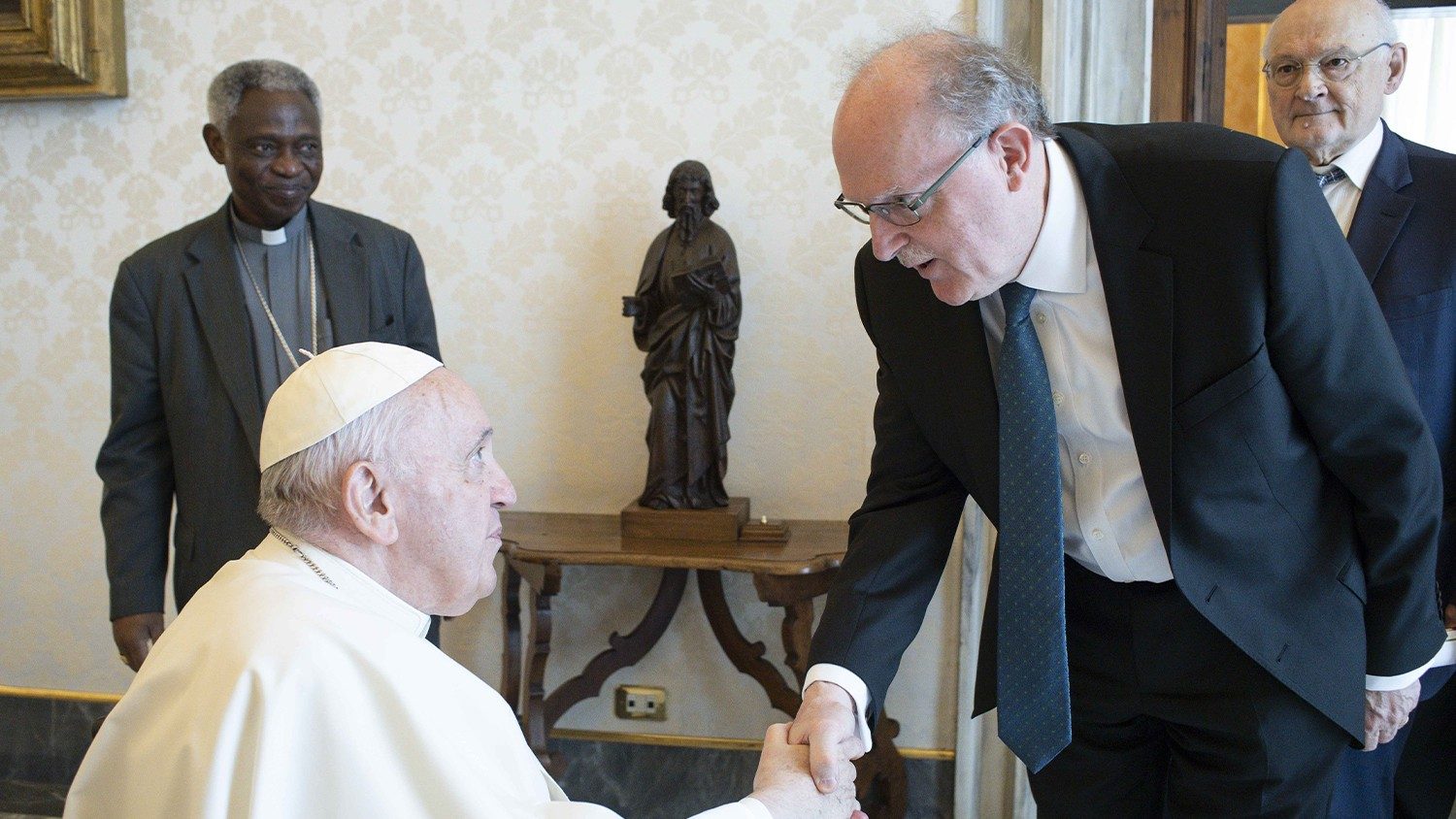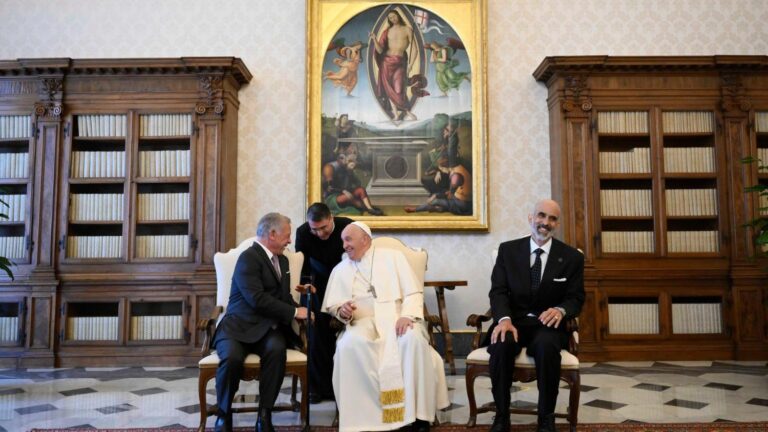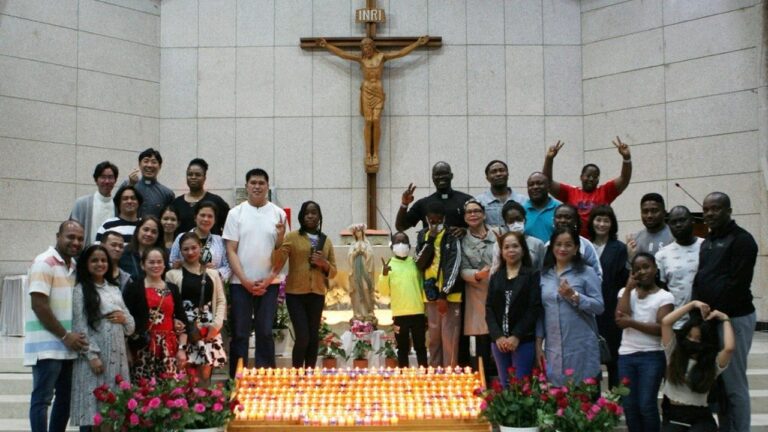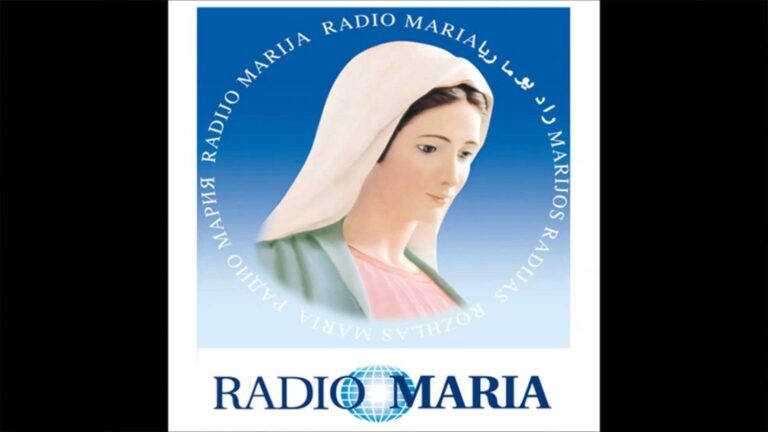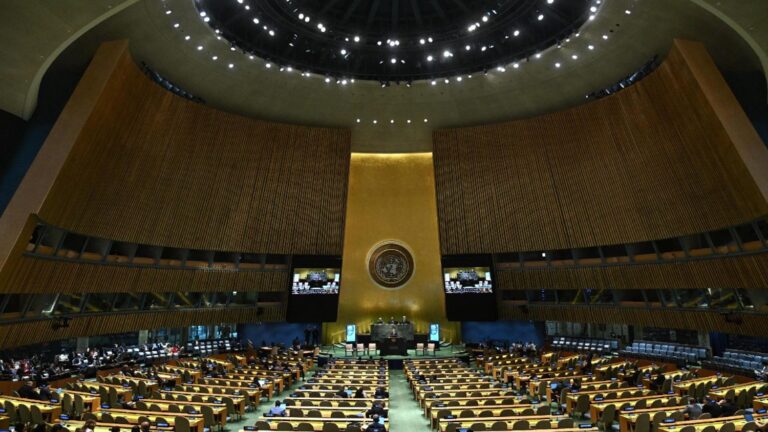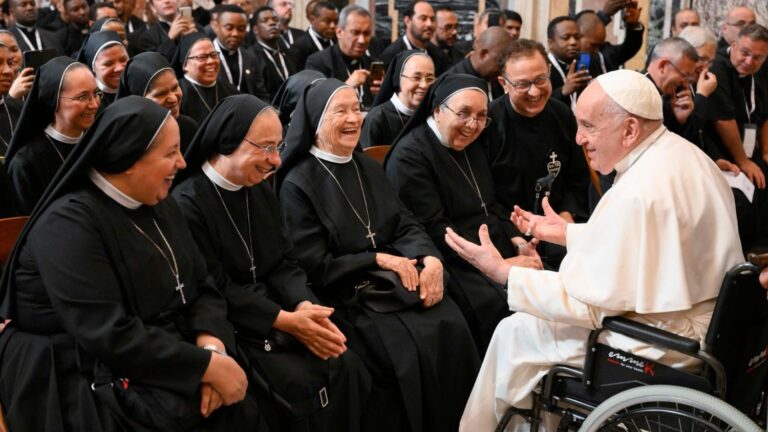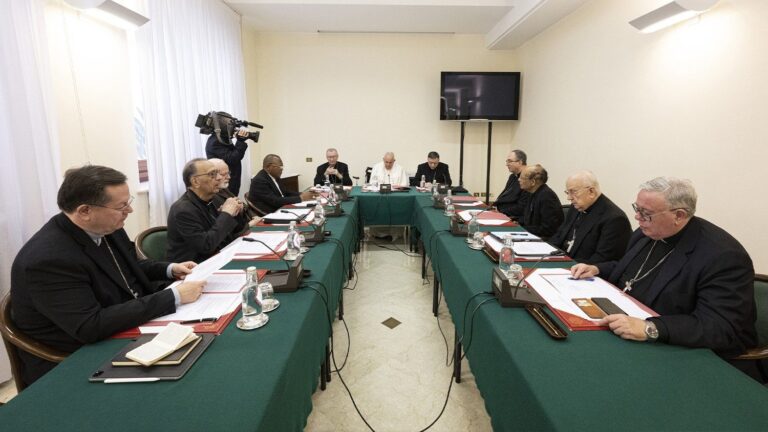Von Braun: Indigenous wisdom in healthcare ‘has served humanity tremendously’
Professor Joachim von Braun, president of the Pontifical Academy of Sciences, speaks with Vatican News about a Vatican-sponsored workshop on indigenous people and climate, saying indigenous wisdom in areas of health and sciences has greatly enriched humanity.
Deborah Castellano Lubov
Indigenous peoples possess a wealth of wisdom to protect the world and, with the help of science, can confront the crises ravaging the planet. In particular, they have made a considerable contribution to the field of health.
Dr. Joachim von Braun, president of the Pontifical Academy of Sciences (PAS), made the point in an interview with Vatican News on the sidelines of a Vatican-organized conference on indigenous peoples.
Pope Francis spoke Thursday at a two-day workshop hosted at the Vatican March 14-15 by the Pontifical Academy to discuss the role of ethnoecological knowledge in developing local solutions that can have global program implications. climate and biodiversity.
Titled “Indigenous Knowledge and Science: Combining Knowledge and Science on Vulnerabilities and Solutions for Resilience,” the conference explores opportunities for cooperation between Indigenous Peoples and the scientific community on these issues.
In his speech, the Holy Father highlighted the great need to preserve and promote indigenous expertise to address the climate and environmental crises.
He encouraged closer collaboration between indigenous and scientific knowledge to combat not only climate change, but also biodiversity loss and threats to food and health security.
Below is a transcript of the interview with Dr. Joachim von Braun.
Question : This workshop brought together indigenous leaders and leaders of international organizations to discuss the connection between the wisdom of indigenous peoples and science. How are the two related and what overlaps have you discovered?
The knowledge of indigenous peoples has been generated over many generations. Humanity has learned through experience, through trial and error and, fundamentally, by wondering about solutions and opportunities. It really combines indigenous knowledge and science.
Scientists are also motivated by curiosity, questioning, and finding solutions to humanity's problems. Where the two really differ is that science has become more narrowly focused, based on experimental theory rather than experiment. Bringing the two together offers great opportunities to address issues of biodiversity, health and agriculture.
Q: Yesterday, during the audience with Pope Francis, the Holy Father said that a conversion is necessary in our world so that we accept an alternative vision to the currently dominant conflicting, zero-sum worldview. How does this workshop help achieve this goal with the help of indigenous people?
The worldviews of indigenous peoples are more closely connected to nature, particularly through their respect for nature and natural processes, than is the typical urbanized world population. Therefore, learning from them and their wisdom is also suitable for us, in scientific communities.
At the Pontifical Academy of Sciences we do not see a conflict between faith and science, and the same is true for communities of indigenous peoples. We have common ground. We both need to focus on reducing consumerism because it is not just about how we treat nature and products, but indirectly.
Our global consumption habits are driving climate change, biodiversity loss and the destruction of nature. Thus, science and indigenous knowledge must address the production and consumption aspects of our lifestyles.
Q: Can you share something you learned from Indigenous voices related to science during this workshop?
The health knowledge of indigenous peoples has served humanity immensely. Many people don't know that about 50% of our medicines come from indigenous people's knowledge of plants and mixtures that cure major illnesses. Many of us knew this, but not the general public.
What we see, unfortunately, is that indigenous peoples still do not enjoy equal rights. Young people and women, especially indigenous communities, suffer from a lack of rights and opportunities.
What we have learned is that innovative education systems, which tackle these problems, can make a major difference. Education systems that serve the youth of indigenous peoples and the youth of the world at large, drawing on the wisdom of nature and perspectives, can help understand and shape sustainability in the future.
Q: Is there anything else you would like to add?
Indigenous people's knowledge is not only about the Earth, but also about the sky and the heavens. Serious concerns have been raised which need to be addressed.
Looking at the sky is increasingly hampered by light pollution and by the tens and tens of thousands of satellites that prevent us from looking at the sky.
